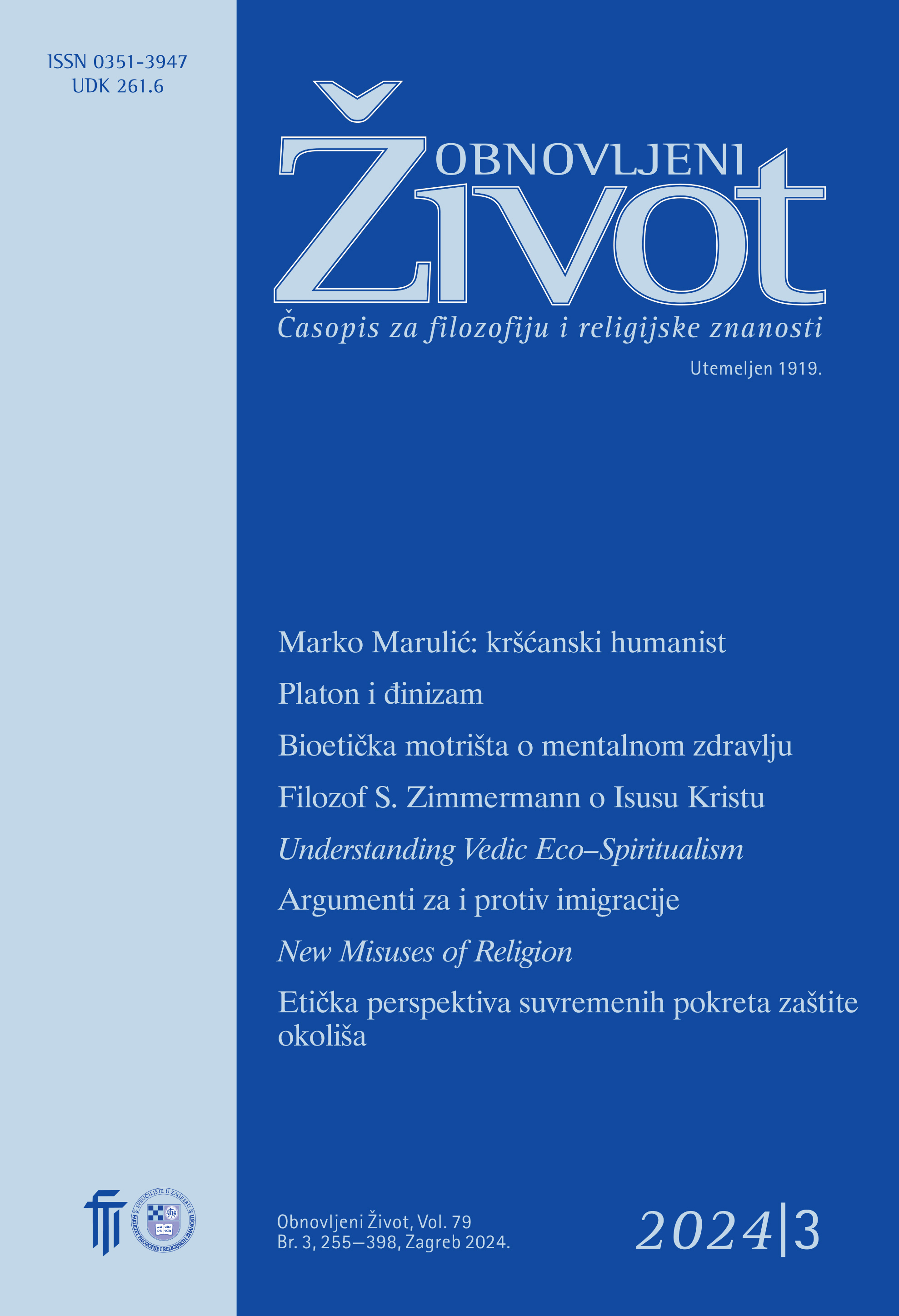Pros and Cons of Immigration to Croatia
A Critical Analysis of Prevailing Attitudes
Keywords:
immigration, migration, illegal migration, integration, migration policiesAbstract
This paper analyses the immigration debate in Europe and highlights the most commonarguments for and against immigration. Proponents emphasize the necessityand benefits thereof by arguing that migration is a constant aspect of human nature.On the other hand, opponents stress that 1. there occurs a suppression of wages, 2.immigration from third countries brings higher fiscal costs than benefits, 3. changesoccur in national and religious demographics, and 4. there is a decrease in communitytrust and a weakening of the national state.Most arguments coming from either side demonstrate selectivity and cannot holdup to scientific criticism. While both proponents and opponents present viable arguments,their discussion usually ends by their attaching labels to each other and failsto reach the necessary compromise on these sensitive topics —especially in view ofthe fact that, according to the Gallup Poll, approximately 400 million people worldwideare willing to migrate to Europe.The most common consequence of immigration is the formation of ethnic communitiesand pluralisation of society, which affect the social, political, cultural, andethnic dimensions of life. Croatia is just beginning to face this challenge. Hence,this paper serves as an introductory debate on this very complex subject and aims tostimulate further discussion. This is surely to become a key topic around which thepolarisation of Croatian society can be expected to occur in the coming decades.
Downloads
Published
Issue
Section
License
Jednom prihvaćeni članak obvezuje autora da ga ne smije objaviti drugdje bez dozvole uredništva, a i tada samo uz bilješku da je objavljen prvi put u Obnovljenom životu. Uredništvo će obavijestiti autora o prihvaćanju ili neprihvaćanju članka za objavljivanje.
Članci objavljeni u časopisu se, uz prikladno navođenje izvora, smiju besplatno koristiti u obrazovne i druge nekomercijalne svrhe.


